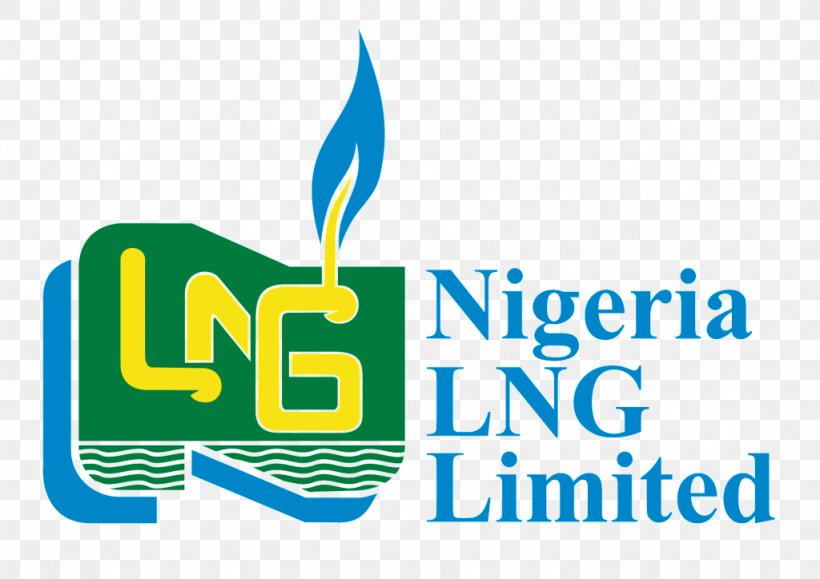The recent decision by the board of directors of the Nigeria Liquefied Natural Gas Limited (NLNG) to dedicate the entire Liquefied Petroleum Gas (LPG) produced at the company’s Bonny plant to the domestic market comes as welcome news to Nigerians who are currently groaning under the high prices of the commodity.
For some time now the commodity has been out of the reach of the common man. As at March, 2021, the price LPG was between N3,500 and N3,800 for a 12kg cylinder, and by May it rose to about N4,500, and now it is selling at over N7,000. This development has led to practices that are harmful to the environment as a lot of people have resorted to using firewood, among other sources of energy.
The Managing Director and Chief Executive Officer of NLNG, Dr Philip Mshelbila, said, “Committing 100 per cent of our LPG supply is a major milestone in our journey of domestic gas supply… In 2021, we increased our LPG supply commitment from 350,000 metric tonnes (or 28 million 12.5kg cylinders) to actual delivery of 400,000 tonnes (or 32 million 12.5kg cylinders) thereby directing most of our production into the domestic market. But this was not enough for the NLNG, hence this commitment to do all that we possibly can and supply 100 per cent of our LPG production to the domestic market.’’
Nigerians had been expecting this kind of intervention since the prices of gas shot up, and it is indeed worrisome that it took so long for this to come up if indeed the NLNG has the capacity to help resolve the issue and ease the burden on the populace. In any case, it is better late than never, so in that light, we call on the NLNG to expedite action and ensure that the policy is implemented immediately so that citizens will witness a marked reduction in the price of the product. The company must also ensure that the policy is sustained.
This should not be one of those temporary measures that all too often come up in the heat of the moment and then is abandoned after a while.
From results of various surveys, it is an established fact that Nigeria has enough hydrocarbon reserves to cater to both domestic needs and for export. The NLNG in particular, which commenced production of Liquefied Natural Gas (LNG) along with LPG in 1999 for export, has the capacity to satisfy the domestic needs of the commodity. But all these years, the company tended to export the bulk of the product.
Surveys have shown that Nigeria’s low utilisation of cooking gas despite abundance of the commodity can be attributed to a number of factors. Paramount among these is the low refining capacity of the country, which leads to scarcity of the product and requiring importation to pick up the slack.
There is also a dearth of technical infrastructure in the form of jetties, receiving and processing terminals, depots, pipelines, etc. It has also been observed that not enough gas cylinders are available for customers to refill the commodity when the need arises.
These have led to Nigeria lagging behind in per capita cooking gas consumption in Africa. This much was disclosed by Temitope Shonubi, Executive Director, Sahara Energy Group, at a conference for African Refiners and Distribution Association (ARDA) which took place in October, 2021, in South Africa. Shonubi stated that Nigeria’s position along with other African countries by the 2020 ranking was an abysmal four per cent.
In comparative terms, Nigeria ranks behind Egypt, South Africa, Morocco, Ghana, Benin, among others.
With the current development, the immediate expectation of Nigerians of the NLNG policy is for the price of the commodity to crash to a level where it was before the scarcity, or below.
The NLNG should not just ensure adequate supply of cooking gas on a permanent basis, the company must put down the necessary technical, administrative and marketing infrastructure to support a continuous supply and distribution of the commodity across the country. This should be in the form of provision of cylinders, pipeline and transportation networks, terminals, jetties, depots, and the licensing of more off-takers and distributors of the commodity across the country.
It is also time for the federal government to invest more in local production of gas. In fact, it is incongruous that with a company like the NLNG, Nigeria still imports the commodity at such great inconvenience and cost. This is unacceptable and must be remedied.
We urge the federal government to go into partnerships with the several oil and gas companies operating in Nigeria, to grow their capacities in the entire value chain of gas liquids production and consumption in the country. It is imperative for the government to work effectively with the private sector to ensure availability and stability in the gas sector.

 Join Daily Trust WhatsApp Community For Quick Access To News and Happenings Around You.
Join Daily Trust WhatsApp Community For Quick Access To News and Happenings Around You.


